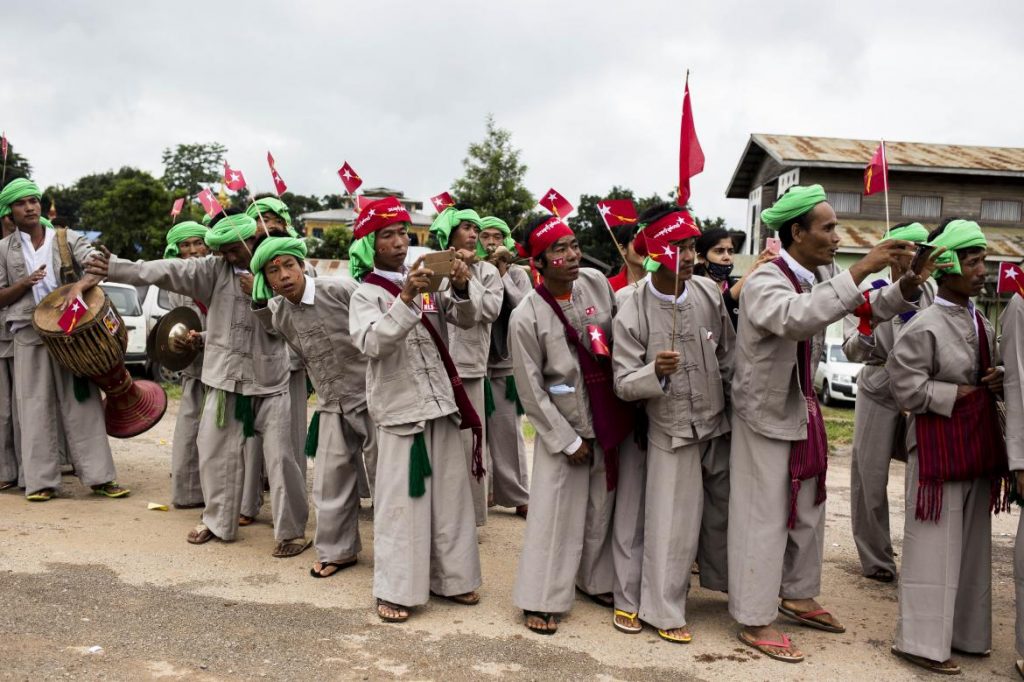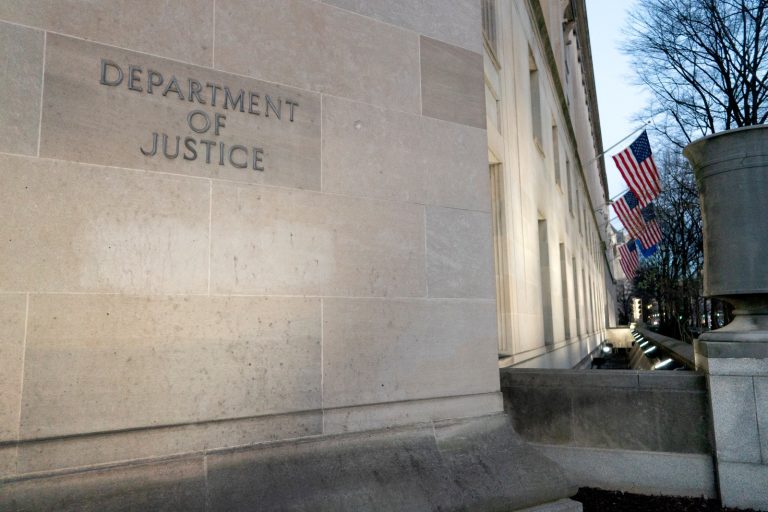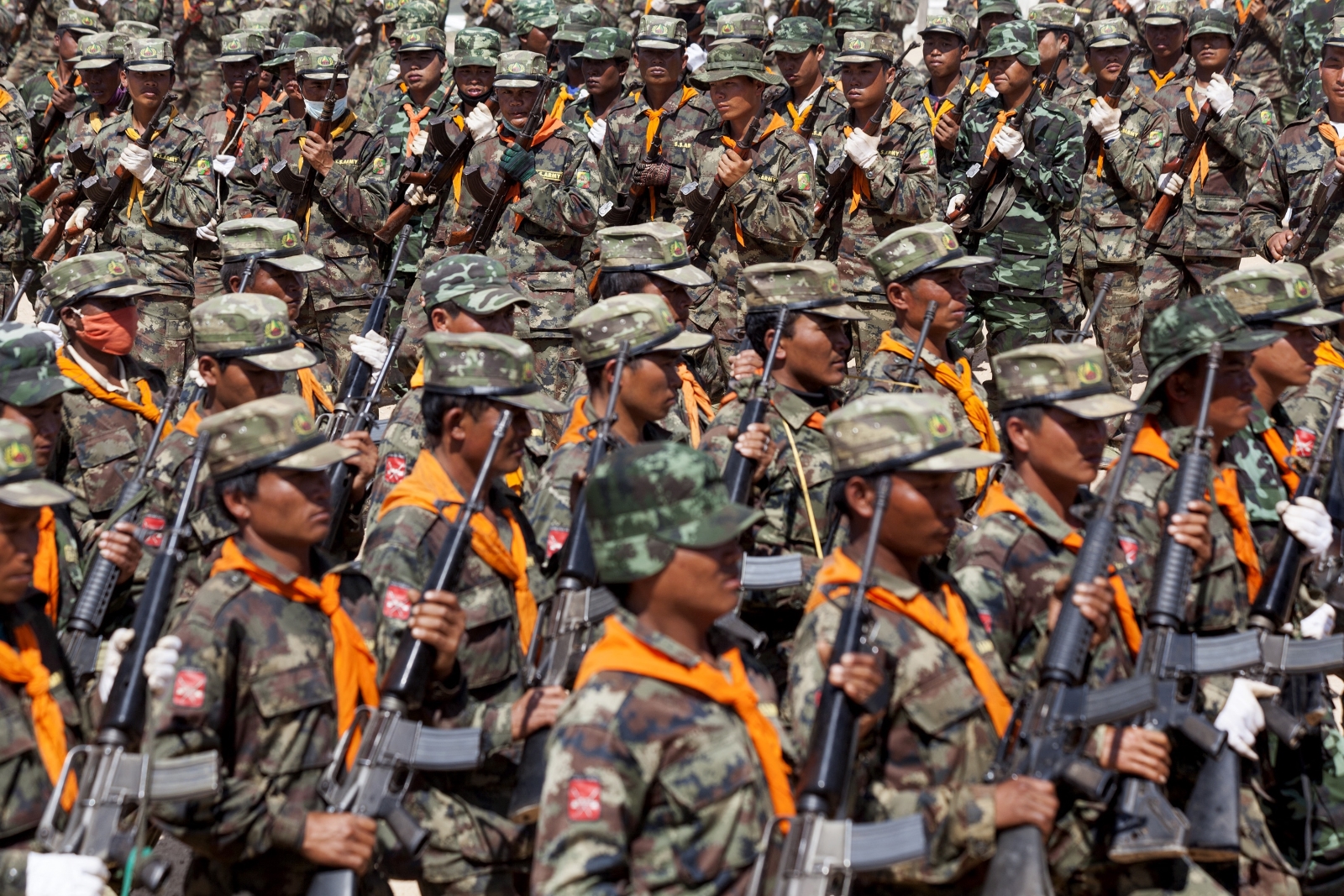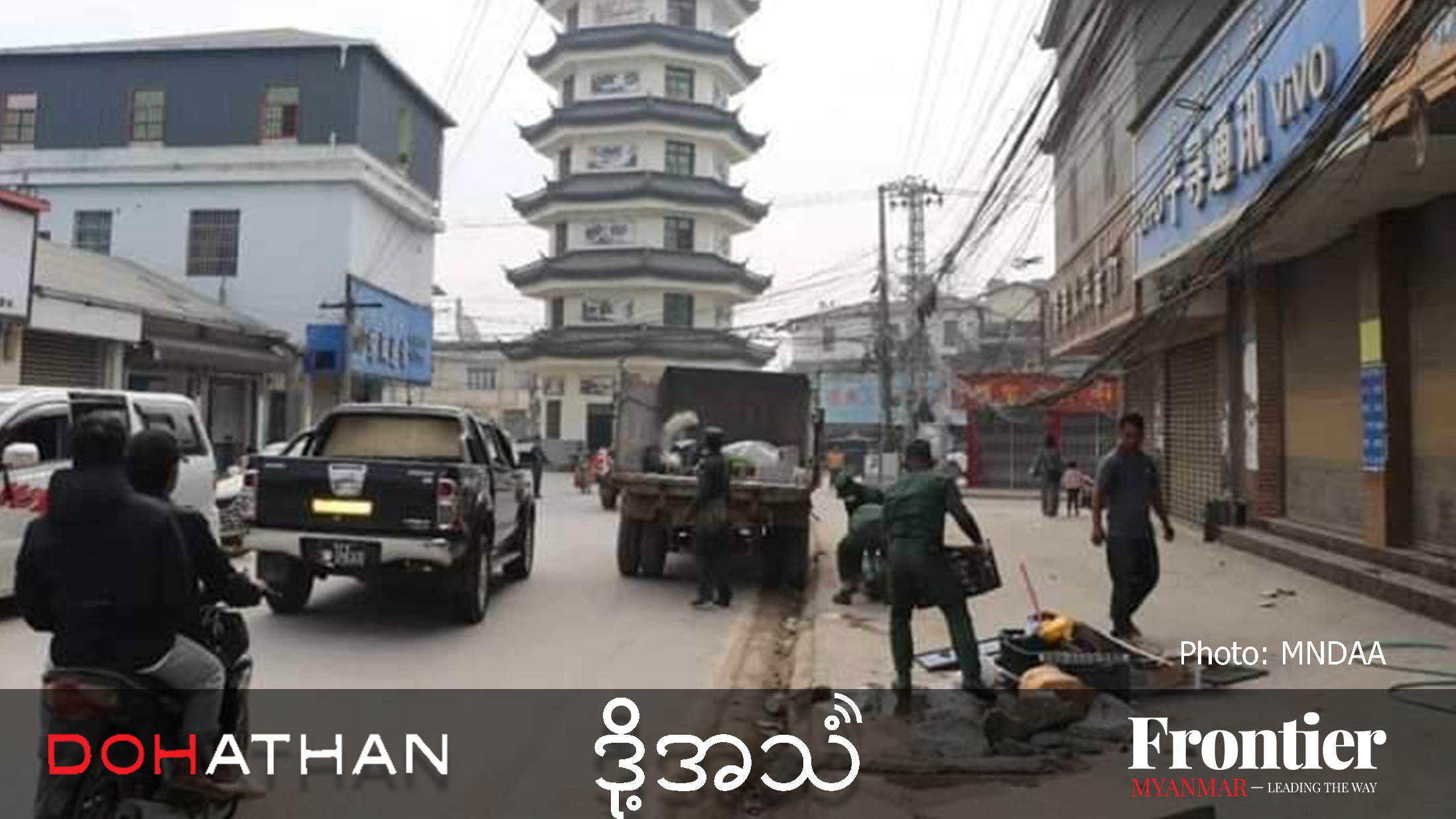The expectations of ethnic parties are complicating the race for the next chief minister of Shan State, where the Union Solidarity and Development Party and the Tatmadaw bloc have a narrow majority in the regional assembly.
By KYAW PHONE KYAW | FRONTIER
Speculation swirls over who will be the next chief minister of Shan State, which is facing significant challenges over issues such as the drug trade and the activities of armed ethnic groups.
Shan produces about 90 percent of the poppy that makes Myanmar the world’s second biggest producer of opium, from which heroin is made.
The state, bordering China, Laos and Thailand, is also home to some of the nation’s strongest armed ethnic groups.
They include the United Wa State Army, the Restoration Council of Shan State (and its armed wing, the Shan State Army-South), the Shan State Progress Party (Shan State Army-North), and the ethnic Palaung Ta’ang National Liberation Army.
Support more independent journalism like this. Sign up to be a Frontier member.
Tensions among these groups sharpened after the so-called national ceasefire agreement was signed with the outgoing government in October. The RCSS was among the eight groups that signed, but those that did not included the UWSA, SSPP and the TNLA.
The tensions are likely to have escalated amid reports that the RCSS received support from the Tatmadaw in the fighting against the TNLA that began in northern Shan in late November.
Against this backdrop, is the high-level political tussle over the state’s next chief minister.
It is widely believed that in his meetings with NLD leader Daw Aung San Suu Kyi, Tatmadaw Commander-in-Chief Senior General Min Aung Hlaing asked that military MPs be appointed chief ministers of Shan, Rakhine and Kachin states and Yangon Region.
The NLD said on March 6 that it would not appoint a party member as chief minister in Shan.
“They can appoint the chief ministers for all states and regions according to the rules, but for Shan State they should negotiate with us.”
Of the 14 states and regions, Shan is one of only three in which the NLD did not win a majority of seats in the regional assembly. It won 23, to the Union Solidarity and Development Party’s 33, the Shan Nationalities League for Democracy’s 24, and other ethnic parties, 23. The military bloc has 39 seats in the 156-member assembly, in which voting was cancelled in 14 seats last November because of security concerns.
The NLD’s goal of appointing all the speakers in the state and regional assemblies was thwarted in Shan, where the USDP’s MP for Kengtung, U Sai Lone Sang, was re-appointed to the post, with support from the military MPs. He defeated the SNLD’s candidate, Sai Kyaw Thein, the MP for Muse.
The vote also saw the state’s former chief minister, USDP member U Saw Aung Myat, appointed deputy speaker.
The SNDP had been insisting that the NLD, with which it has been allied for many years, negotiate with it over the appointment of the chief minister.
“We are yet to have any negotiations with the NLD about appointing a chief minister,” SNLD spokesperson U Sai Lake said on March 4.
“They can appoint the chief ministers for all states and regions according to the rules, but for Shan State they should negotiate with us,” he said.
The issue is certain to have been raised when the Committee for Shan State Unity, comprising Shan political parties, armed ethnic groups and civil society groups, met in Yangon on March 3 and 4, but most participants declined to say what was discussed.
However, the patron of the Shan State Progess Party, General Say Htin, told Frontier the next chief minister must be Shan and should be a member of the SNLD.
Both Gen Say Htin and RCSS leader Lieutenant-General Yawd Serk declined to name their preferred choice as chief minister.
“We armed groups do not want to interfere in the administration but the next chief minister should have a reputation for honesty,” said Lt-Gen Yawd Serk, who was replaced as CSSU chairman at the conference by the head of the SNLD, U Khun Htun Oo.
Lt-Gen Yawd Serk said he was not interested in becoming chief minister or minister in the state government.
There will be an “intense” situation if the next Shan State government does not include members of the USDP and the many ethnic parties represented in the assembly, said U John Chit Nyein, a 7Day News reporter in the state capital, Taunggyi.
“The USDP won the most seats and will cooperate with the military MPs and the ethnic parties are strong; if they don’t get any cabinet seats, they are likely to create challenges for the government,” he told Frontier.
U John Chit Nyein was referring to some of the smaller ethnic parties, elected to the assembly such as the Pa’O National Party, whose members defeated NLD candidates.
SNLD general secretary Sai Nyunt Lwin told Frontier that his party and the NLD needed to have most of the positions in the cabinet to balance the power of the USDP in the assembly.
The chief ministers will be appointed after the president is chosen in the Pyidaungsu Hluttaw ahead of the change of power to the new Union and state and regional governments on April 1.
“The biggest challenge for the new chief minister [in Shan] will be peace and the SNLD will be involved in the peace process,” Sai Nyunt Lwin said.







